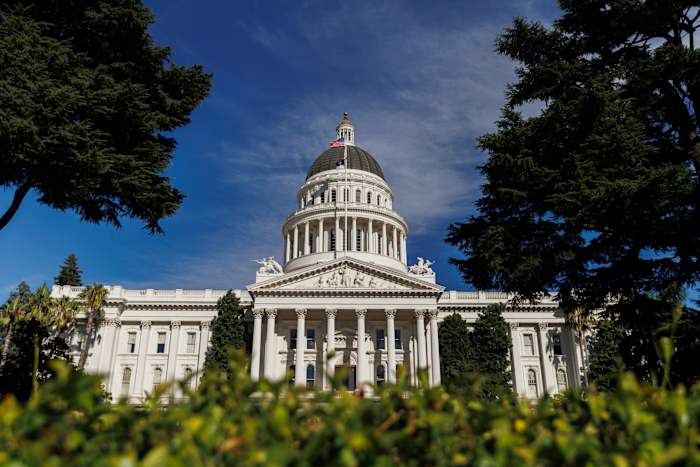California Budget Showdown: Immigrant Healthcare Cuts Proposed to Bridge $12 Billion Gap

California's state legislature is facing a critical decision as they prepare to vote on a budget aimed at addressing a significant $12 billion deficit. The proposed budget includes controversial measures that would limit access to healthcare for undocumented immigrants, sparking debate and concern among advocates and lawmakers alike.
The state's financial woes stem from a combination of factors, including a slowdown in tax revenues and increased spending demands. With options dwindling, lawmakers are exploring various strategies to balance the budget, and cuts to social programs have become a focal point of discussion.
Healthcare Access Restrictions: The Core of the Controversy
The most contentious aspect of the proposed budget is the plan to cap healthcare spending for immigrants. Specifically, the legislation would restrict Medi-Cal, California's Medicaid program, eligibility for certain undocumented individuals. This change is projected to save the state approximately $1.2 billion annually, a substantial contribution towards closing the deficit.
Proponents of the cuts argue that they are a necessary measure to ensure the state's fiscal stability and prevent deeper cuts in other essential services like education and public safety. They emphasize that California faces a difficult financial situation and that tough choices must be made to balance the budget responsibly.
Opposition and Concerns
However, the proposed healthcare restrictions have drawn strong opposition from immigrant rights groups, healthcare providers, and some Democratic lawmakers. Critics contend that these cuts would disproportionately impact vulnerable populations, limiting access to vital medical care and potentially leading to negative public health consequences. They argue that healthcare is a human right and that denying access based on immigration status is both unethical and counterproductive.
“These cuts are not just about numbers; they’re about people’s lives,” stated Maria Rodriguez, Executive Director of the California Immigrant Advocacy Coalition. “Restricting access to healthcare will only exacerbate existing health disparities and place an unnecessary burden on our communities.”
Furthermore, opponents argue that the long-term costs of limiting healthcare access could outweigh the short-term savings. Reduced access to preventative care could lead to more costly emergency room visits and a decline in overall public health, ultimately straining the healthcare system further.
Political Landscape and Potential Outcomes
The vote on the budget is expected to be closely contested, with the outcome uncertain. Governor Gavin Newsom has expressed reservations about the proposed healthcare cuts but has also acknowledged the need to address the state's budget deficit. Negotiations are ongoing, and it remains to be seen whether lawmakers can reach a compromise that addresses both the fiscal challenges and the concerns surrounding healthcare access.
The debate over the California budget highlights the complex challenges facing states across the nation as they grapple with economic pressures and competing priorities. The outcome of this vote will have significant implications for the state's budget, healthcare system, and the lives of millions of Californians.
What's Next?
The California Legislature is scheduled to vote on the budget by June 30th, the deadline for finalizing the state's spending plan. The coming days will be crucial as lawmakers work to resolve the remaining disagreements and reach a consensus on how to address the state's financial challenges.






